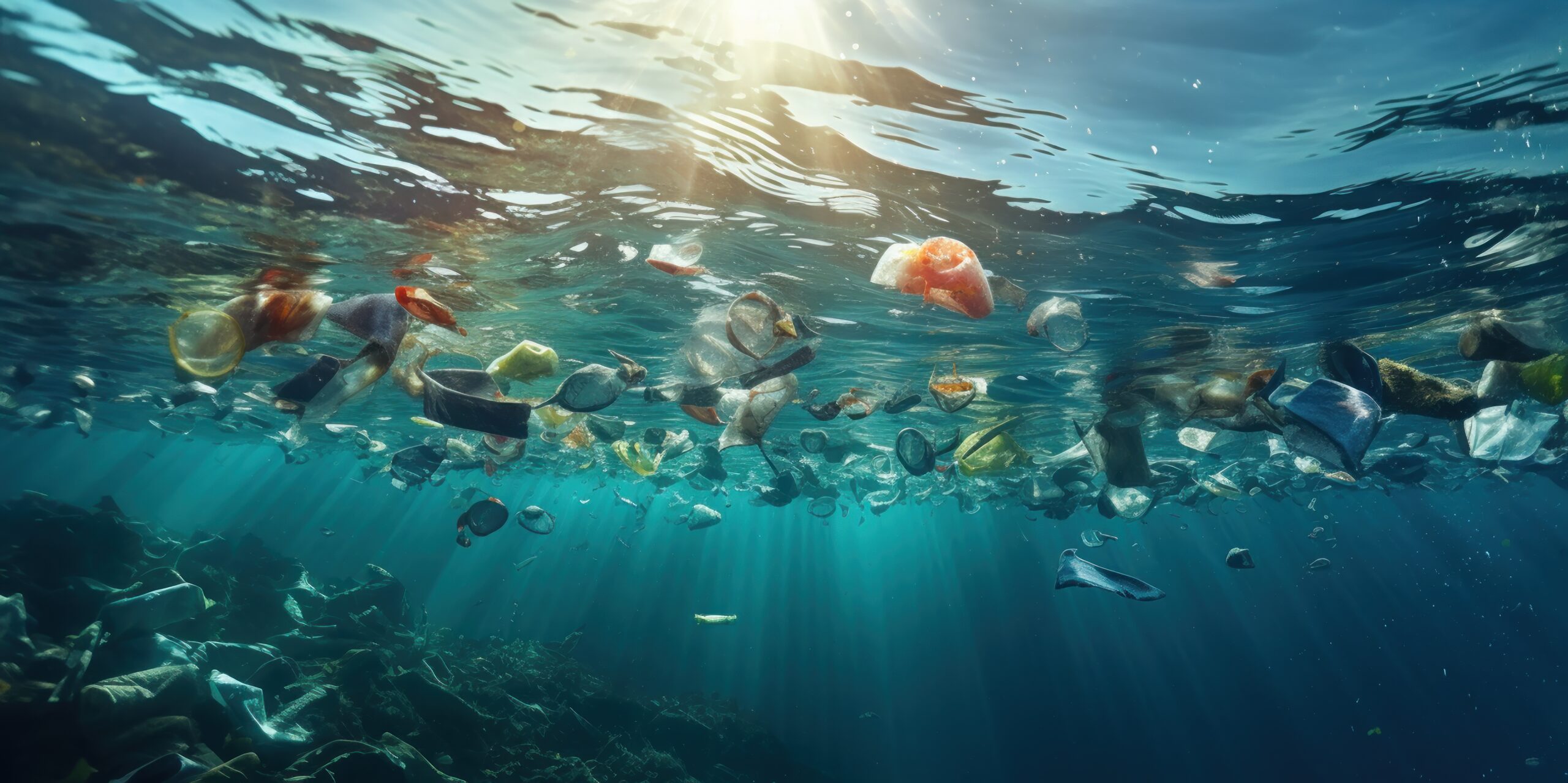
Understanding Microplastics
As we strive for a more environmentally friendly world, we are confronted with the subtle yet significant issue of microplastics in water. These minuscule plastic particles, measuring less than 5 millimetres, have quietly infiltrated both tap and bottled water supplies, presenting challenges to environmental sustainability and human health.
Sources
Microplastics originate from various sources, including the breakdown of larger plastic items such as bottles, bags, and packaging. Additionally, synthetic clothing fibres shed during washing cycles contribute to the microplastic load in waterways. Microbeads, tiny plastic particles used in personal care products like facial scrubs and toothpaste, also contribute to the proliferation of this contaminant in our environment.
Health Concerns
When consumed via contaminated water sources, microplastics can accumulate in the gastrointestinal tract and potentially transfer harmful chemicals to the body. The small size of these particles enables them to penetrate tissues and organs, raising concerns about their ability to disrupt biological processes and contribute to inflammatory responses.
While the full extent of the health implications of is still under investigation, addressing microplastic pollution in water is crucial for safeguarding human health and well-being.
Why Choose Aqualine?
Activated Carbon Filters
Aqualine’s commitment to water purity extends to our activated carbon filters, which play a pivotal role in the comprehensive removal of impurities, with a particular focus on microplastics. As water flows through the activated carbon filter, the porous surface of the carbon material attracts and captures microplastics, essentially adhering them to the filter media.
Reverse Osmosis Systems
For those seeking the pinnacle of water purification, our range of reverse osmosis systems sets a new standard. Going beyond the capabilities of traditional filtration, these systems employ a sophisticated process to eliminate contaminants, with a particular emphasis on microplastics.
Reverse osmosis involves forcing water through a semi-permeable membrane, effectively screening out impurities down to the molecular level. This filtration method ensures that microplastics particles are excluded from the purified water.
Water Purity
At Aqualine, we are committed to combating microplastic pollution with our advanced water filtration solutions. Our state-of-the-art products effectively remove microplastics and other contaminants, ensuring clean and safe drinking water for you and your family. Join us in ensuring a healthier environment and better future for all.

